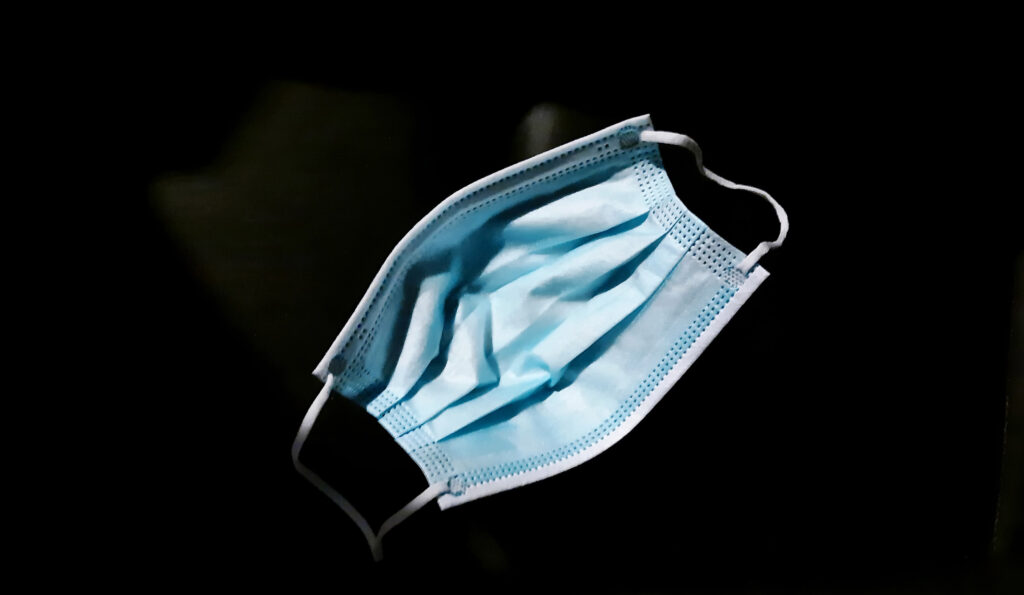
Psychological health and safety has come into sharp focus with the advent of COVID-19’s impact. This article is an extract that appeared in full in OHS Professional magazine in 2020. To view the complete article, click the button at the base of this extract. It covers opinions from a range of experts on what OHS professionals can do to improve psychological health and safety in the workplace.
Psychological health and safety at work has come under the spotlight in 2020, with many employees adversely impacted by the events of the year. Restrictions and other measures put in place to reduct the spread of the coronavirus strain SARS-CoV-2 have had far-reaching effects on organisations.
These changes put significant stress upon organisations and the psychological health and wellbeing of their workers. A survey of 10,338 Australian workers found that three in five workers were experiencing a mental health condition this year (up almost 9 percentage points from 2019 to 59.5 percent) while 27.8 percent of workers who experienced a mental health condition had their firts experience during the pandemic. The survey, which was conducted by Superfriend, also found that 55 percent of workers reported that no action is being taken in their workplace to address mental health.
A recent Safe Work Australia analysis also found that 533 workers’ compensation claims related to COVID-19 were lodged in Australia as of 31 July 2020, and 34 percent of these claims related to mental health impacts of COVID-19. The data, which was collected from the relevant Commonwealth, state and territory workers’ compensation authorities, found that a further 34 percent of workers’ compensation claims lodged were from the healthcare and social assistance industry, while 17 percent of workers’ compensation claims were from the public administration and safety industry.
“COVID-19 has really elevated mental health in general, and there is a lot more emphasis on workplace mental health. And for good reason – people are working in ways in which their jobs were never actually designed, and if you look at the research evidence into what protects people’s mental health, improves engagement and performance and helps mitigate risk, good job design features heavily,” says David Burroughs, an expert in psychological health and safety risk management and principal psychologist at Australian Psychological Services.
He observes a trend towards “supercharging the amount of connection and support-type activities on offer”. There has also been a big increase in connecting people to the significant array of self-care and support resources that were rapidly developed and deployed by more traditional mental health organisations such as the Black Dog Institute. “There has always been a trend towards helping people understand and manage the increasing demands of having work and home lives conflated and the pressures involved. I thinkk the work being done in this space by organisations should be applauded,” says Burroughs.
There has also been a trend towards mindfulness and gratitude/positivity-based activities, but Burroughs says he is “sceptical about their utility unless they are part of a more integrated and strategic approach to mental health that goes beyond the individual and addresses workplace factors,” he says. “Organisations also need to understand the risks and limitations of these types of approaches if used incorrectly.”
Resilience training is also a trend that seems to have made a resurgence, according to Burroughs, who says this is understandable given COVID-19 has dislocated so many people from their traditional adaptive coping mechanisms. “A word of warning here, though – just because a program is popular doesn’t mean it works, and there seems to be very few resilience programs that have any genuine research and actual efficiacy,” he says.
“So lots of initiatives, many quite high profile around raising awareness and making it okay not to be okay, that tick a few feel good boxes – fall well short when it comes to doing the real work across things like job design and design and psychosocial climate improvement.”
